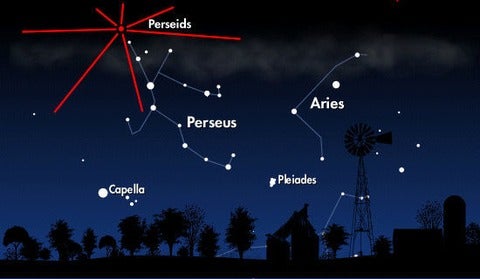Rapidly Spinning Neutron Stars and the Equation of State of Dense Matter
Astronomy Seminar Series
Sharon Morsink
Neutron stars are tiny stars with ultra-strong magnetic and gravitational fields and densities larger than nuclear. Their small size and large average densities allow them to spin at very rapid rates, with surface velocities that are a large fraction of the speed of light.
